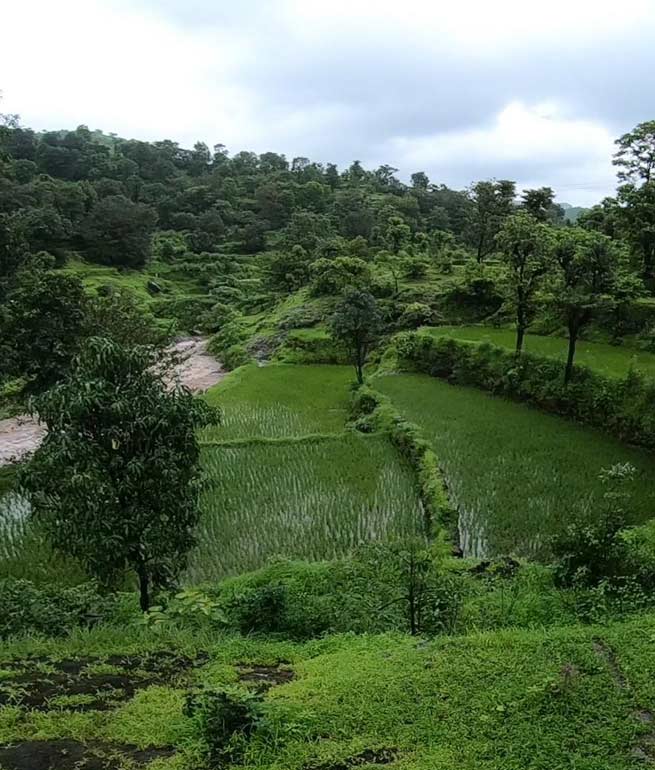western ghats
SAVE OUR WESTERN GHAT
The Western Ghats holds an irreplaceable wealth of biodiversity, housing numerous species found nowhere else on Earth. Beyond its ecological significance, it serves as a vital source of water for millions of people, regulates climate patterns, and supports the livelihoods of local communities. This ancient mountain range also carries immense cultural and traditional importance and plays a crucial role in carbon sequestration, mitigating climate change impacts. Additionally, its conservation is of global importance, contributing to the larger effort of preserving our planet’s natural heritage.
In essence, safeguarding the Western Ghats is not just a regional endeavor, but a global imperative for the well-being of ecosystems, human communities, and the future of our planet.

Biodiversity Hotspot
The Western Ghats is one of the world’s biodiversity hotspots, home to an incredible array of species, many of which are endemic (found nowhere else on Earth).
It is estimated to host over 7,400 species of flowering plants, 139 mammal species, 508 bird species, and countless other forms of life.
Water Source for Millions
The Western Ghats is the source of numerous rivers that provide water to millions of people, serving as a lifeline for agriculture, industry, and domestic use in several states of India.
Climate Regulation
The Ghats play a vital role in regulating the climate of the Indian subcontinent. They influence rainfall patterns and help in maintaining the ecological balance of the region.
Cultural and Traditional Significance
The Western Ghats is not only a biological treasure trove but also holds immense cultural, historical, and spiritual significance for various communities and indigenous tribes. It’s an integral part of their way of life.
Economic Value
The region supports a range of economic activities including agriculture, forestry, tourism, and traditional industries. A healthy ecosystem directly contributes to sustainable livelihoods for local communities.
Carbon Sequestration
The forests of the Western Ghats act as a significant carbon sink, helping to mitigate the effects of climate change by absorbing and storing carbon dioxide from the atmosphere.
Pharmaceutical Potential
The rich biodiversity of the Western Ghats offers an immense potential for the discovery of new medicines and pharmaceutical compounds. Many species in this region have unique biochemical properties that can be valuable for medical research.
Recreation and Tourism
The Western Ghats attract nature enthusiasts, adventure seekers, and tourists from around the world. Preserving its natural beauty ensures that future generations can enjoy these experiences.
Preventing Habitat Loss and Fragmentation
Rapid urbanization, deforestation, and land-use changes threaten the natural habitats of the Western Ghats. Conservation efforts are needed to prevent further habitat loss and fragmentation.
Global Responsibility
The Western Ghats is part of the world’s natural heritage. Protecting it is not just a local or national concern but a global responsibility towards preserving the Earth’s biodiversity and ecological balance.
Resilience to Natural Disasters
Healthy ecosystems in the Western Ghats can contribute to reducing the impacts of natural disasters like floods, landslides, and droughts by stabilizing soils and regulating water flow.
Learning and Research Opportunities
The Western Ghats provides an incredible opportunity for scientific research and environmental education. It serves as a living laboratory for understanding complex ecological processes.
In summary
Peserving the Western Ghats is not just about protecting a specific region; it’s about safeguarding a critical part of our planet’s natural heritage, with far-reaching benefits for people, wildlife, and the environment at large.
